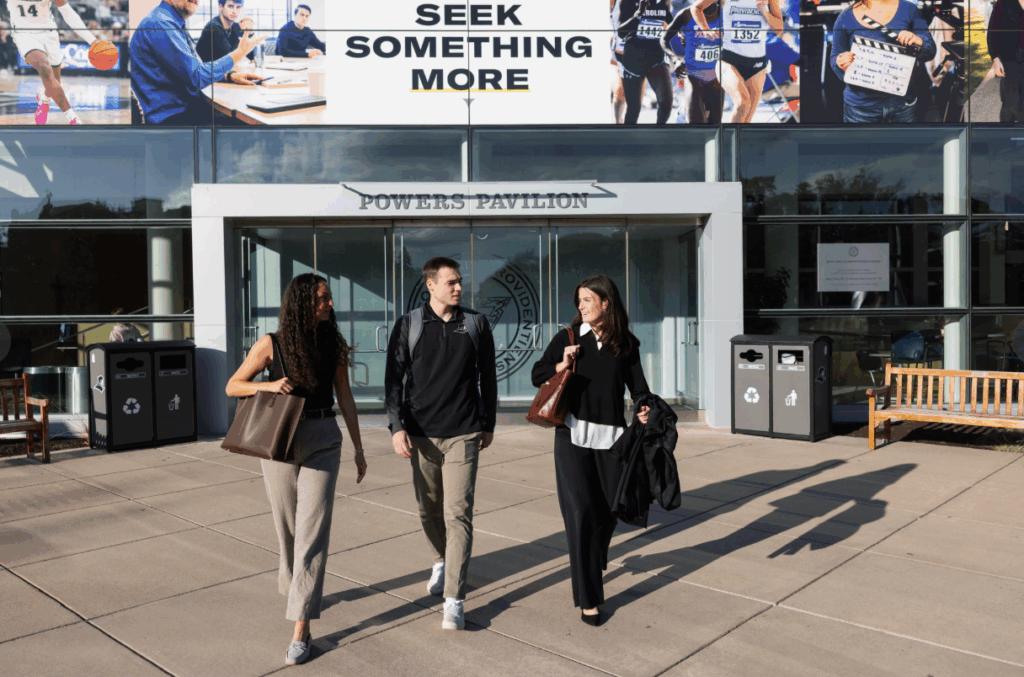Stress Relief
Stress, for many people, results from poor time management. Often, stress occurs during crucial times of the semester, such as midterm and final exam periods. What can you do to avoid the feeling of hopelessness, when you think you will never finish everything you need to do? Take a break and read the following tips to help reduce stress.
Academic Tips to Relieve Stress:
- Being organized can help you minimize procrastination. When procrastination happens it easy to get overwhelmed. When you are overwhelmed, rushing at the last minute to finish everything, you will not be able to produce your best work.
- Prepare for each class by previewing the content being covered. The more you prepare, the less stressed you will be during the lecture and/or discussion.
- It is more manageable to read one chapter of a textbook per week than to read five in one weekend and cram for a test.
- When you read ahead of time, all you need are a few hours to review highlighted topics and class notes, making a large amount of information much more manageable.
- Create question notes. The week before an exam, review your readings/notes. Next, fold a piece of notebook paper in half and write down questions that may be on the exam, but do not answer them. This sheet can be used as a quiz for the week. Two or three days before the exam, try to answer the questions. Use incorrect items to create a review sheet.
- Review both new and old material on the day you have each class.
Long-Term Calendar
- An electronic or wall calendar can serve as a visual timeline and help you plan the best time to start studying or begin a long-term project.
- The best time to start major assignments is before the stress kicks in.
Need Help Relaxing?
Plan For Fun
- Be sure to schedule in some pleasure activities, especially those that involve physical movement.
- A short break, a walk, a snack, or a phone conversation all offer a break from the monotony of studying and clear the head before the next stretch begins.
Sleep
- Your head will be a lot clearer, and you will be able to get through your work faster, if you are awake and well rested.
- All-nighters actually hinder your performance, increasing the time it takes to complete tasks. Your brain actually works very hard to organize information while you are sleeping.
Exercise
- Going out for a walk or a jog can help you clear your mind of upcoming responsibilities and/or assignments.
- Alternate relaxing and then tensing up your muscles. Start by clenching (for approximately 5 seconds) your fists and relaxing them (do this a couple of times). Then do the same with the muscles (for approximately 5 seconds) in your shoulders, your thighs, and your lower legs. This is a great exercise to do in your dorm room or in your chair before you take an exam.
Final Tips
- While stress for college students is usually related to academics, it can also come as a result of college life. Many people have a hard time adjusting from having their own room to sharing close quarters with three strangers almost overnight. Know that these feelings are normal and that most of the people around you are experiencing the same emotions.
- While these can be fun times, be sure to take time for yourself. Being constantly surrounded by people without a significant amount of “alone time” can cause stress. Try to find time when you can be in your room by yourself, perhaps while your roommates are in classes or meetings. Take this time to do something you enjoy, such as watching your favorite show, reading a book, taking a nap, or writing a letter.
If you are still feeling stressed, would like some additional tips, or just need someone to talk to, contact a counselor in the Personal Counseling Center (Extension 2343) in Bedford Hall.
Academic Support Services
Phillips Memorial Library, Room 250
401.865.2494
ssc@providence.edu






